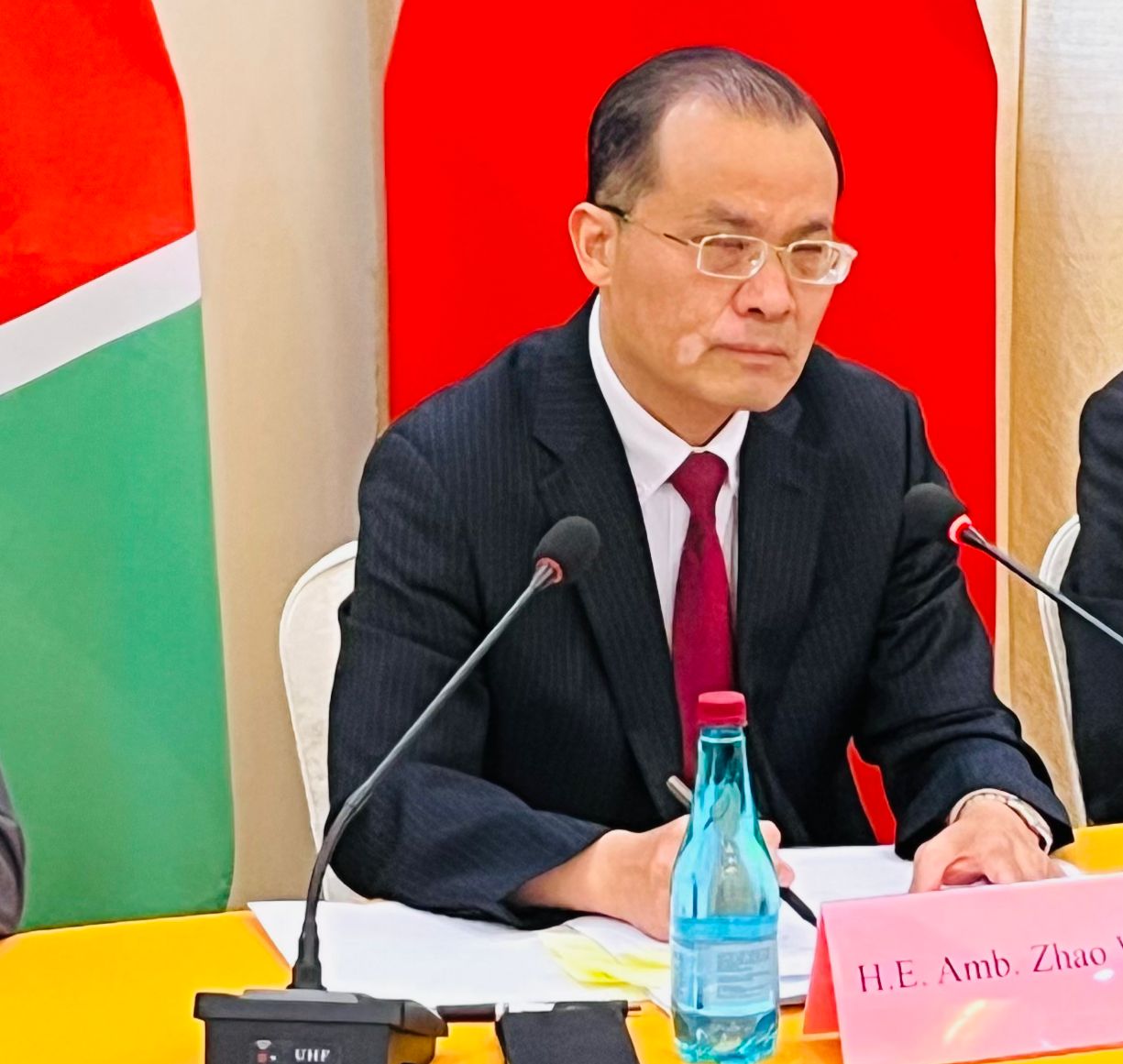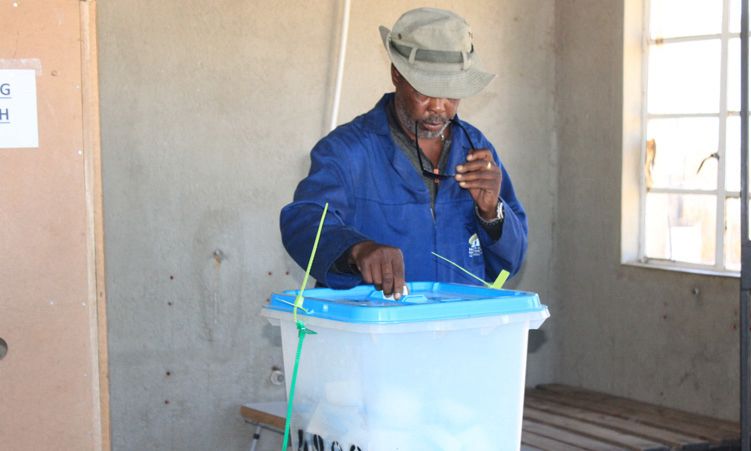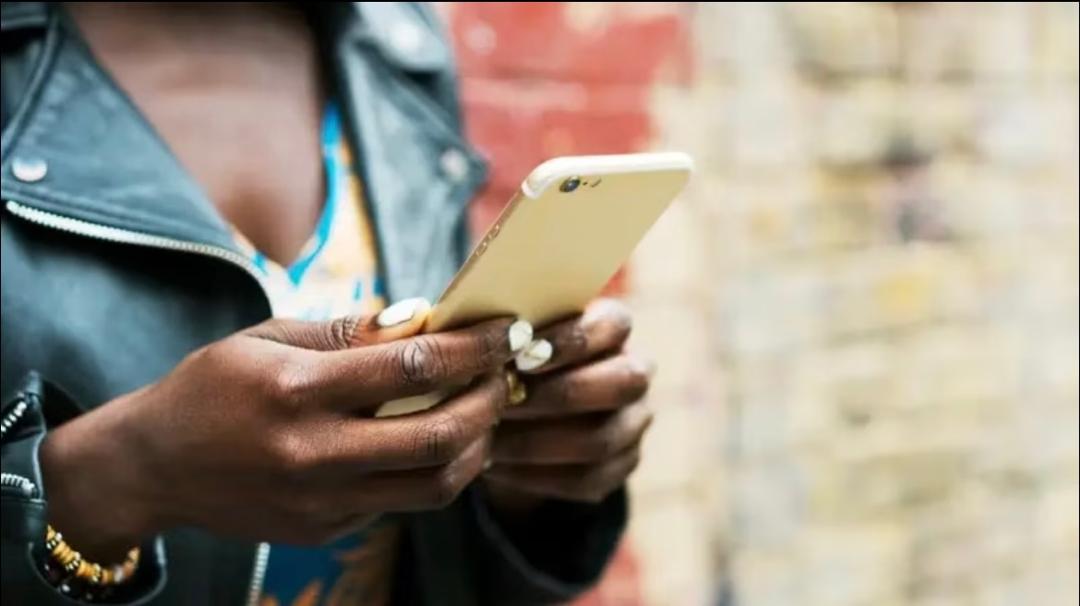LUSAKA – The leaders of southern Africa may have begun to cool towards the ‘Old Man’ of the region Robert Mugabe but they are still straining to avoid showing disrespect towards Zimbabwe’s president.
Mugabe’s absence from a regional summit in the Zambian capital Lusaka, which broke up early yesterday after some 13 hours of talks, spoke louder than the largely anodyne 17-point joint declaration released at its conclusion. With no leader willing to put themselves up at a post-summit press conference, it was left to the host Foreign Minister Kabinga Bande to hold the line that there is no crisis across Zambia’s southern border despite the absence of results more than two weeks after presidential elections.”We listened to the two parties (opposition and ruling party).Both said there is no crisis in Zimbabwe,” said Bande.Bande’s words echoed those of South African President Thabo Mbeki who had stopped off in the Zimbabwean capital Harare on his way to Lusaka, telling journalists after meeting Mugabe there was “no crisis”.”The body authorised to release the results is the Zimbabwe Electoral Commission, let’s wait for them to announce the results,” said Mbeki.Mbeki has been the prime proponent of a much derided policy of quiet diplomacy towards 84-year-old Mugabe, not only the oldest leader in the 14-nation Southern African Development Community (SADC) but Africa as a whole.The Zimbabwean opposition Movement for Democratic Change (MDC), whose leader Morgan Tsvangirai met SADC presidents behind closed doors, has been particularly critical over what it regards as Mbeki’s lack of “courage” in standing up to Mugabe – still revered by many Africans for his leading role in a 1970s liberation war.However, SADC made a point of not only thanking Mbeki for his mediation efforts in the election build-up but also asked him to “continue in his role as facilitator on Zimbabwe on the outstanding issues”.The response from the MDC was hardly one of ringing endorsement, with Secretary General Tendai Biti saying there had to be “more vigour, more openness and a complete abandonment of the policy of quiet diplomacy”.But having been granted an audience at the SADC high table, the MDC did not want to appear ungrateful with Biti detecting a “major improvement” in the bloc’s previously cosy stance.Tsvangirai was denied the red carpet treatment but the very fact he had been invited was taken as a slap in the face by Mugabe who opted to stay at home.Zimbabwean Justice Minister Patrick Chinamasa, despatched to Lusaka in his absence, said the invite was unacceptable and there was “no need for regionalising” the post-election situation.While stressing Mugabe was not “in the dock”, Zambian President Levy Mwanawasa insisted in his opening remarks that Zimbabwe, where inflation is well into six figures and unemployment over 80 per cent, was of legitimate interest.”SADC cannot stand by and do nothing when one of its members is experiencing political and economic pain.It would be wrong to turn a blind eye.”But despite exasperation at the economic mess in what was once the region’s role model, many SADC leaders continue to regard Tsvangirai with suspicion.Nampa-AFPWith no leader willing to put themselves up at a post-summit press conference, it was left to the host Foreign Minister Kabinga Bande to hold the line that there is no crisis across Zambia’s southern border despite the absence of results more than two weeks after presidential elections.”We listened to the two parties (opposition and ruling party).Both said there is no crisis in Zimbabwe,” said Bande.Bande’s words echoed those of South African President Thabo Mbeki who had stopped off in the Zimbabwean capital Harare on his way to Lusaka, telling journalists after meeting Mugabe there was “no crisis”.”The body authorised to release the results is the Zimbabwe Electoral Commission, let’s wait for them to announce the results,” said Mbeki.Mbeki has been the prime proponent of a much derided policy of quiet diplomacy towards 84-year-old Mugabe, not only the oldest leader in the 14-nation Southern African Development Community (SADC) but Africa as a whole.The Zimbabwean opposition Movement for Democratic Change (MDC), whose leader Morgan Tsvangirai met SADC presidents behind closed doors, has been particularly critical over what it regards as Mbeki’s lack of “courage” in standing up to Mugabe – still revered by many Africans for his leading role in a 1970s liberation war.However, SADC made a point of not only thanking Mbeki for his mediation efforts in the election build-up but also asked him to “continue in his role as facilitator on Zimbabwe on the outstanding issues”.The response from the MDC was hardly one of ringing endorsement, with Secretary General Tendai Biti saying there had to be “more vigour, more openness and a complete abandonment of the policy of quiet diplomacy”.But having been granted an audience at the SADC high table, the MDC did not want to appear ungrateful with Biti detecting a “major improvement” in the bloc’s previously cosy stance.Tsvangirai was denied the red carpet treatment but the very fact he had been invited was taken as a slap in the face by Mugabe who opted to stay at home.Zimbabwean Justice Minister Patrick Chinamasa, despatched to Lusaka in his absence, said the invite was unacceptable and there was “no need for regionalising” the post-election situation.While stressing Mugabe was not “in the dock”, Zambian President Levy Mwanawasa insisted in his opening remarks that Zimbabwe, where inflation is well into six figures and unemployment over 80 per cent, was of legitimate interest.”SADC cannot stand by and do nothing when one of its members is experiencing political and economic pain.It would be wrong to turn a blind eye.”But despite exasperation at the economic mess in what was once the region’s role model, many SADC leaders continue to regard Tsvangirai with suspicion.Nampa-AFP
Stay informed with The Namibian – your source for credible journalism. Get in-depth reporting and opinions for
only N$85 a month. Invest in journalism, invest in democracy –
Subscribe Now!






